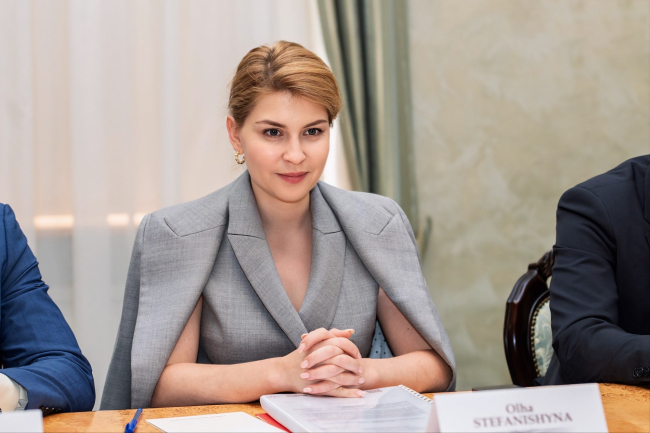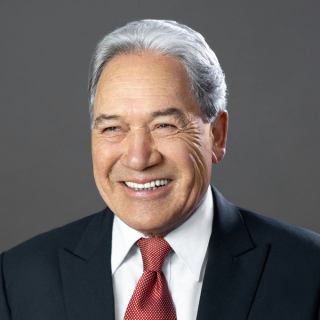Electricity Supply in the Baltic Region after the Phasing out of Ignalina NPP

Practical information
Registration for this event is now closed.
Find out more about our donor programsDans le cadre de l'Ifri Energy Breakfast Roundtable, un séminaire avec Maksim Kozlov, Head of Baltic NPP Project, Interrao UES, Wladyslaw Mielczarski, European Coordinator for the Northern European Power Link, Professor in Power Engineering, Technical University of Lodz, Poland, Zygimantas Vaiciunas, Head of Strategic Planning Division, Ministry for Energy of the Republic of Lithuania, Monica Eordoghne Zsigri, Policy Coodinator, Energy Policy & Security Supply, DG Tren, European Commission.
The last working reactor of the Ignalina power plant, which had two 1 500 MW reactors of the Chernobyl RBMK type, will be closed down by the end of 2009, in compliance with the EU accession treaty of Lithuania. The Baltic States, Belarus, the Kaliningrad territory and also Russia have been supplied with electricity from Ignalina ever since 1984. Ignalina hence was at the centre of the regions's electricity supply.
One should note in this context that the EU member states Lithuania, Latvia and Estonia have never been electrically synchronized with the Western UCTE or the Scandinavian Nordel - they still remain in the Eastern electricity system IPS/UPS.
What are the supply scenarios after the phasing out ? Two projects are the most prominent in today's debate : a new reactor in the Russian Kaliningrad enclave, and a new reactor in Visaginas, next to Ignalina, built by Lithuania, Latvia, Estonia and Poland. Both of them want to dominate the regional electricity market after the closure of Ignalina, but the Russian project also focusses on the Western market, via for example a DC link from Russia to Germany through the Baltic Sea.
Moreover, Poland plans to build nuclear reactors on its own.
This Ifri Energy Breakfast gathers experts on the issue and will identify the most likely options as well as their impact on regional geopolitics and energy supply.
Other events

Navigating War, Reforms, and Secure Future: Ukraine’s EU and NATO Accession Path
Exclusive conve

Lunch debate with Winston Peters, Deputy Prime Minister and Minister of Foreign Affairs of New Zealand
Discussion co-chaired by Thierry de Montbrial, Executive Chairman of Ifri, member of the Academy of Moral and Political Sciences, and Marc Hecker, Deputy Director of Ifri (in English without translation).

Shaping Europe’s Technological Sovereignty
In the wake of Donald Trump's re-election in the United States, Europeans face a crucial imperative: rethinking their sovereigny, especially in the technological realm. What will be the strategic priorities and action levers of the new European Commission on this issue? What assessment can we make of the previous Commission’s achievements and challenges in navigating Sino-American technological competition, transatlantic dependencies, and emerging global partnerships?










